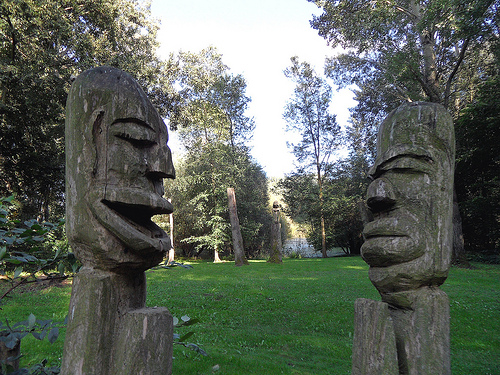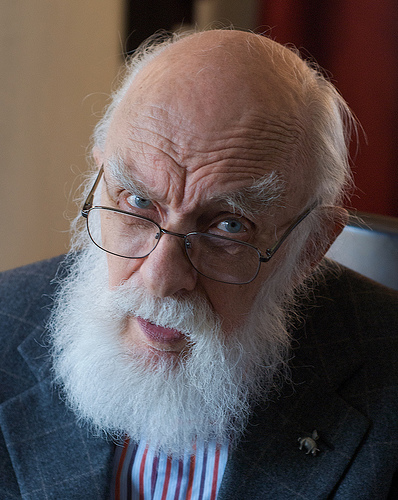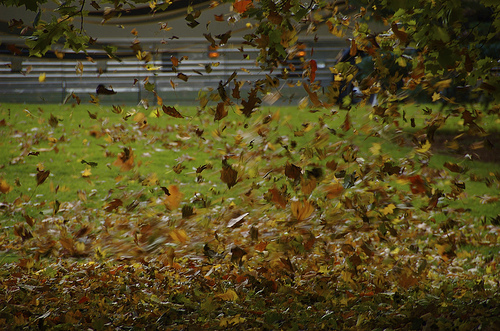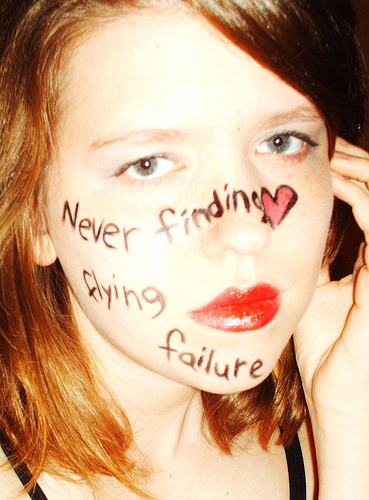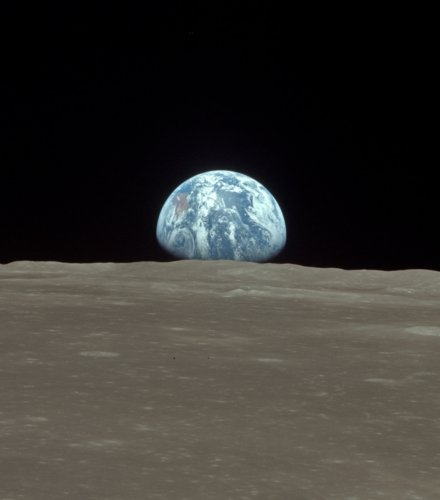If you don’t build your dream someone will hire you to help build theirs. – Tony Gaskins

Is this you, building your dream, are you working to build one for someone else, or did you hire her to build part of your dream for you?
What does that mean?
This quote is about your future, and what your plans for it might be. If you have no specific plan, or aren’t working on your dreams, what will you be doing?
According to this quote, you’ll probably be working on the dream of someone else. While that’s not improper, illegal, or fattening, you could be working on your dream instead. Or better yet, if at all possible, work on both at the same time.
But why wouldn’t you be working, at least part time, on your dreams? Do you not have anything that motivates you enough to overcome your tendency to procrastinate? Are you uncertain how to get there, and stuck in analysis paralysis? That’s not good, is it?
Why is having a dream important? Continue reading



